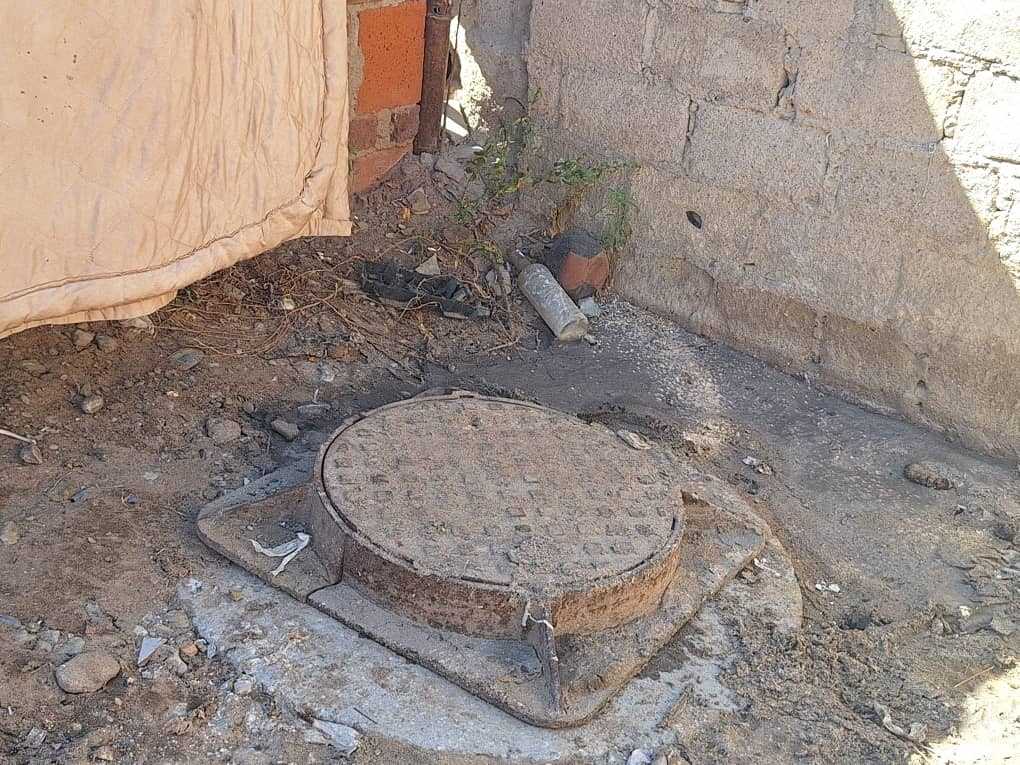
Philemon Jambaya
Assistant Editor
Chitungwiza, once a bustling town south of Harare, Zimbabwe, is slowly transforming into a shadow of its former self. Gripped by a crippling water crisis and plagued by dysfunctional sewage systems, residents are facing a daily struggle for survival. This investigative feature explores the deteriorating situation in Chitungwiza, giving voice to the frustrations and anxieties of a community pushed to the brink.
Mary Munyuki, a resident of St. Mary's, speaks with a tremor in her voice as she narrates the ordeal. "We are living in a desperate situation," she confides. "Our toilets are overflowing, and there's no running water. Weeks go by without a single drop!" Her words echo the plight of countless others in Chitungwiza.
The lack of access to potable water forces residents to resort to unsafe alternatives. Open defecation and the return of the dreaded "bucket system" expose them to a constant threat of waterborne diseases like cholera and typhoid. Broken pipes and malfunctioning taps add another layer of frustration, highlighting the town council's apparent inability to address the crisis.
Related Stories
Munyuki's concerns about public health are far from unfounded. Across town in Zengeza 1, Mbuya Five's harrowing experience paints a vivid picture of the dangers residents face. Raw sewage from a burst sewer tank has become a permanent fixture in her yard, creating a breeding ground for disease and an unbearable stench. "It's a living nightmare," she exclaims. "The council doesn't seem to care. We've reported the issue countless times, but nothing gets done."
The irony of Chitungwiza's situation deepens in areas like Manyame Park. Mike Benhura, a resident of phase 5, describes a bizarre phenomenon. "The minute we get some water supply, sewage overflows everywhere!" He explains that water pressure disrupts the already fragile sewage system, causing raw sewage to spill onto the streets, turning them into hazardous streams. "It's like a cruel joke," remarks Benhura. "We can't win. No water is a problem, and having water creates another problem."
The constant fear of contracting diseases and the indignity of living in such deplorable conditions have taken a toll on the residents' mental and physical well-being. A sense of despair hangs heavy in the air. "We've reported these issues to the council, but our pleas fall on deaf ears," says Munyuki, her voice cracking with frustration. "We've lost hope of living a normal life. This is where our homes are, but it feels like we're slowly being poisoned."
The crisis in Chitungwiza is a stark reminder of the importance of functional infrastructure and responsive governance. Residents like Munyuki, Mureza, Mbuya Five, and Benhura represent the countless voices demanding immediate action. Their stories serve as a wake-up call to the local authorities. Urgent investment in water treatment plants, sewer line repairs, and proper waste management systems is essential to prevent a full-blown public health crisis.
Chitungwiza's story is not unique. Many towns and cities across Zimbabwe grapple with similar challenges. The town's plight serves as a cautionary tale, highlighting the urgent need for a national dialogue on infrastructure development, improved sanitation, and ensuring equitable access to basic necessities for all citizens. The future of Chitungwiza, and countless communities like it, rests on the shoulders of those in power.










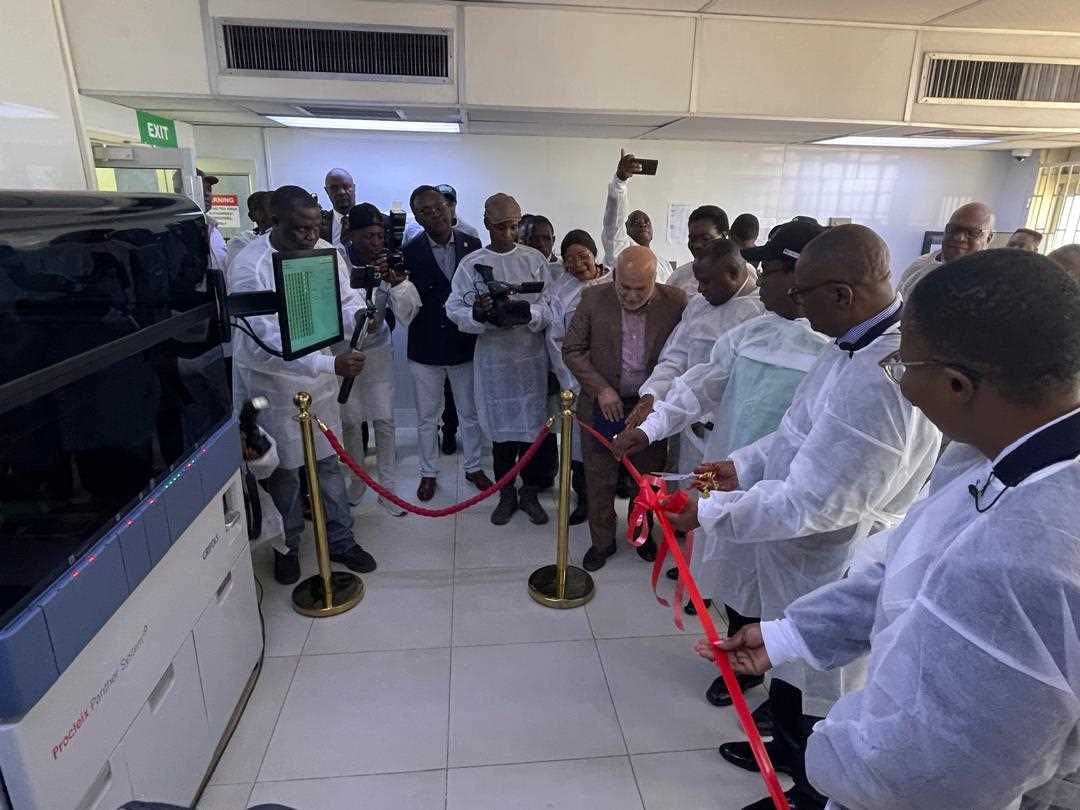
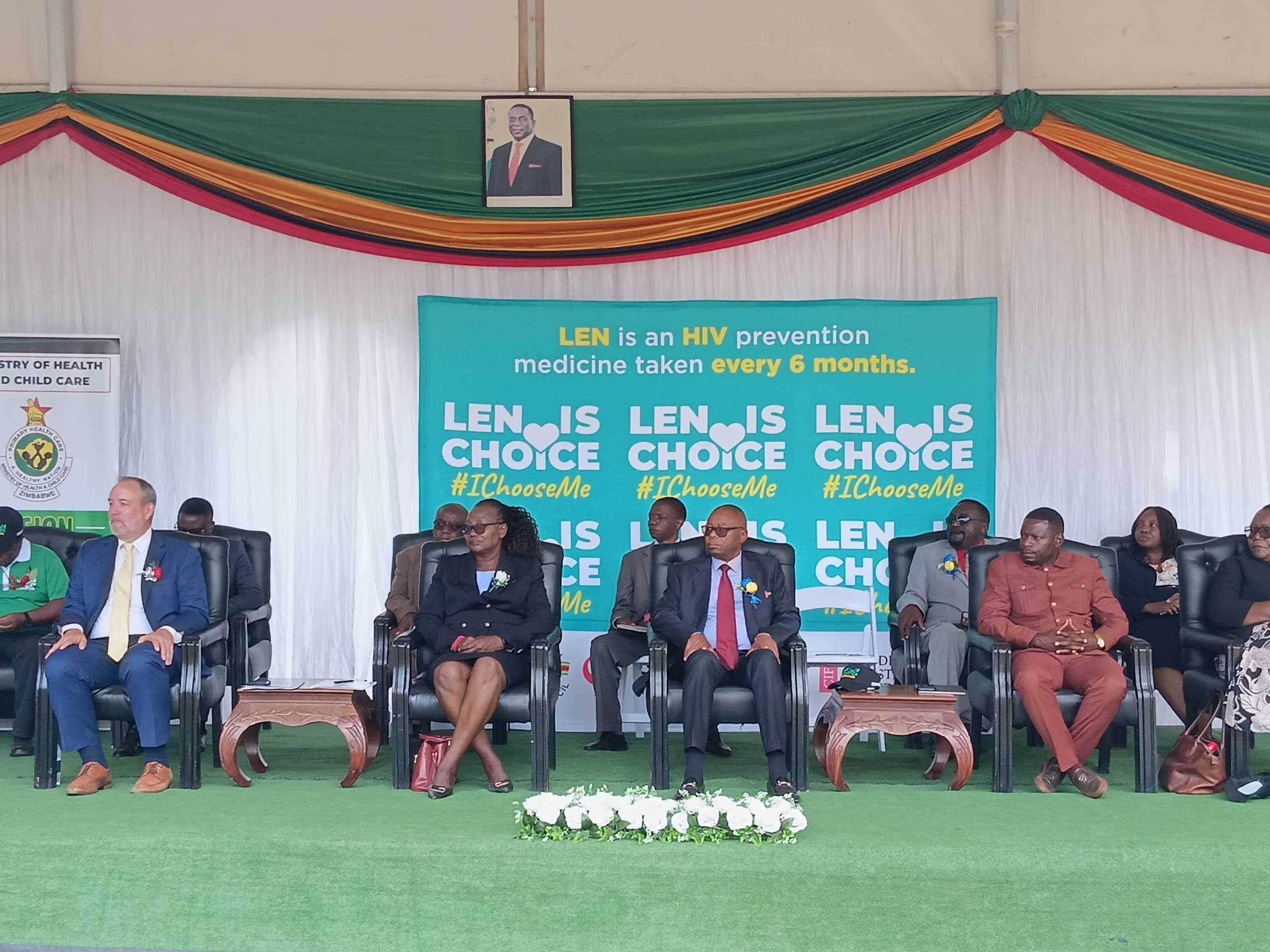


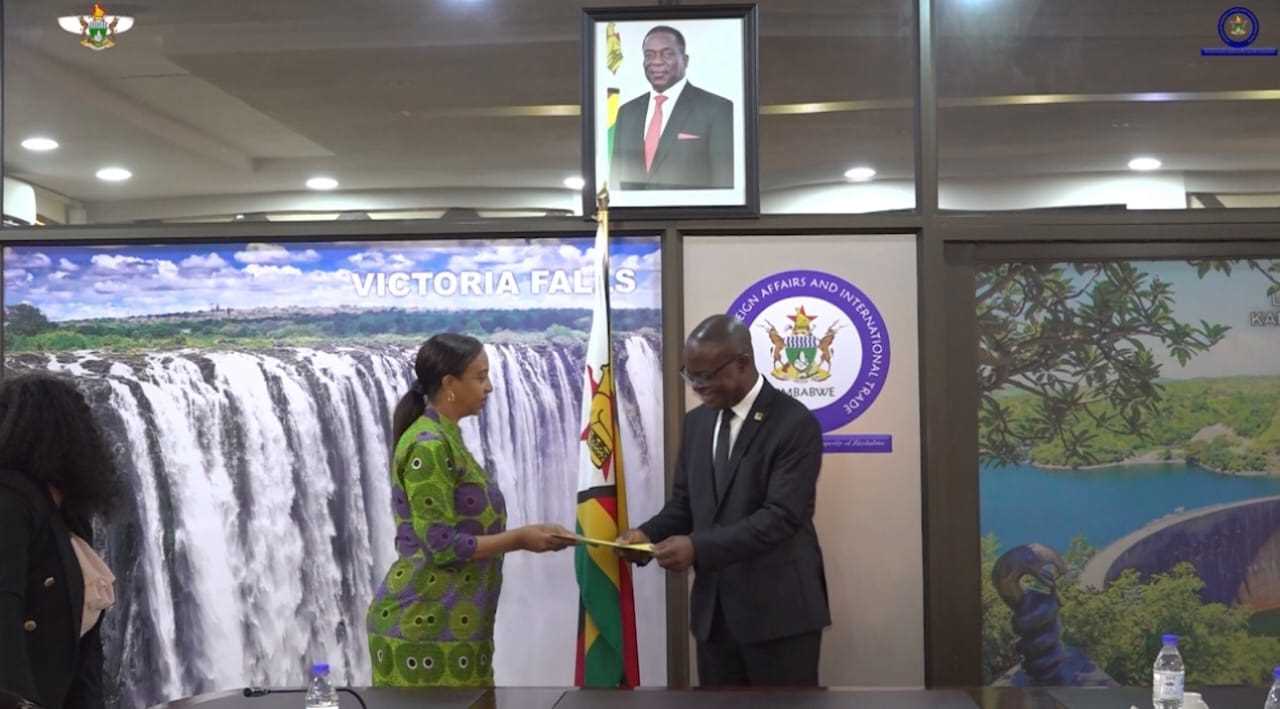
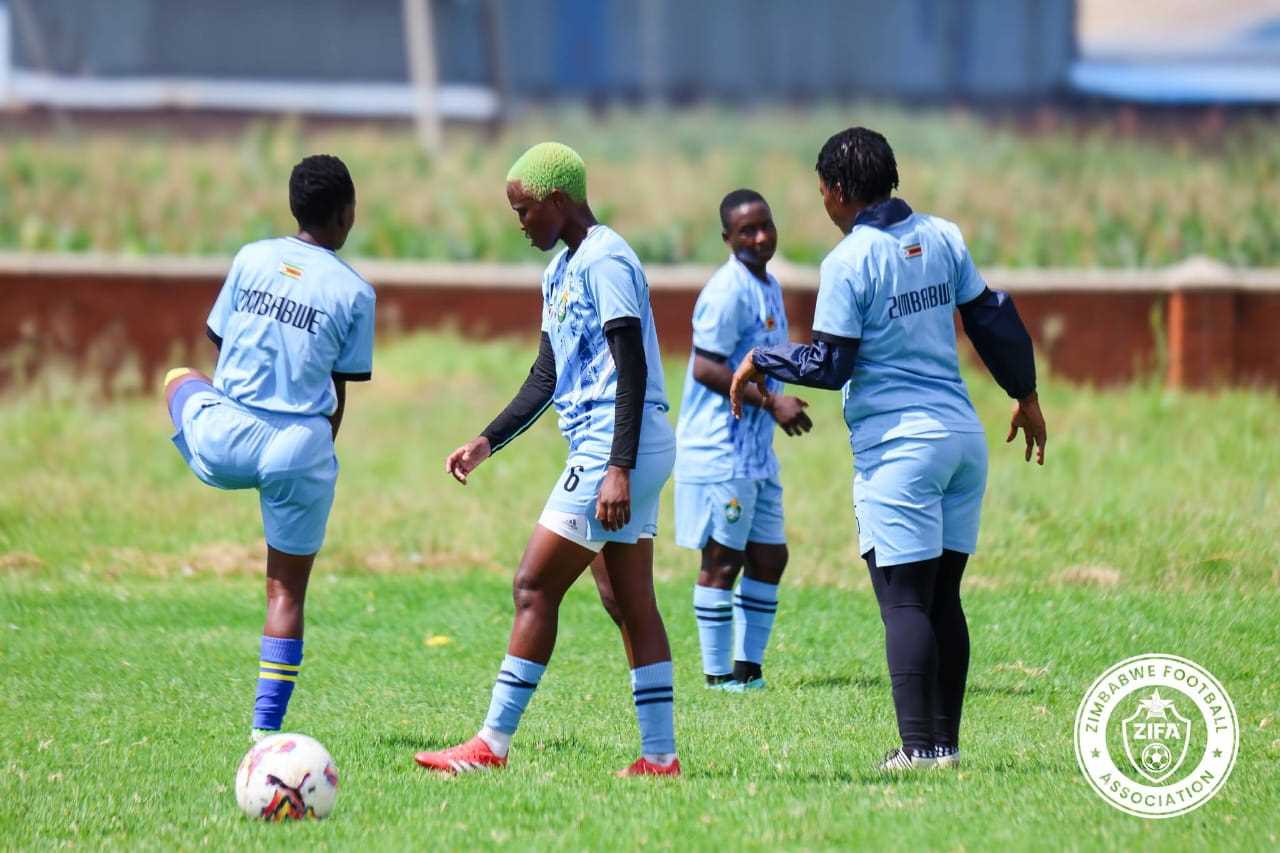

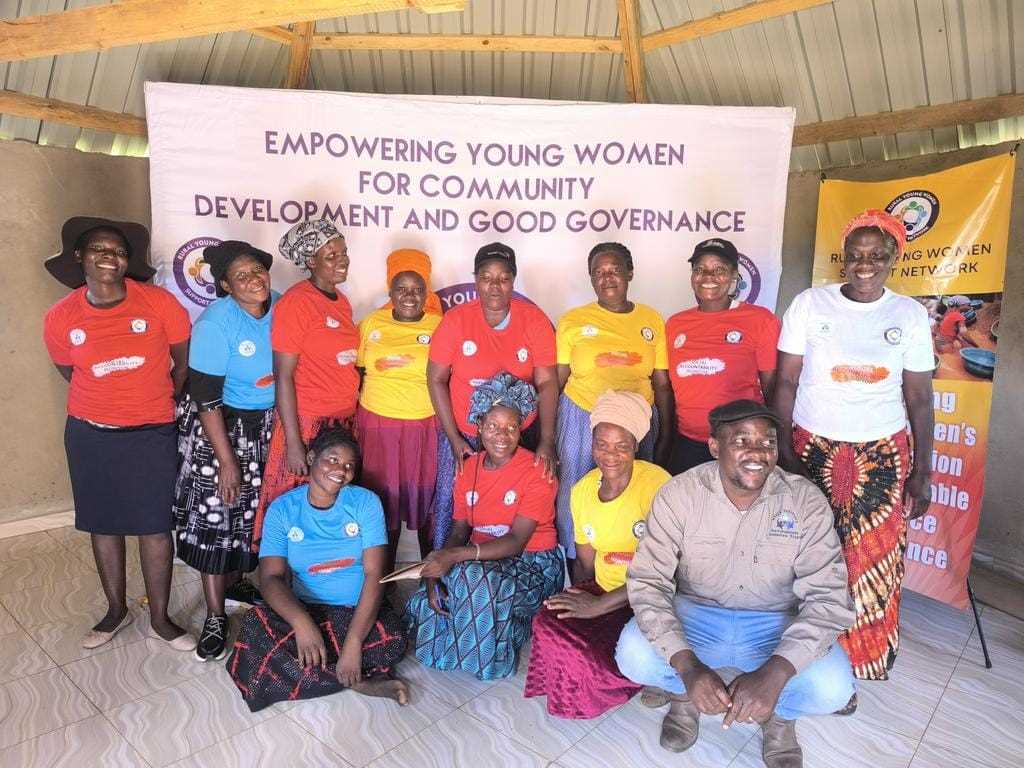


Leave Comments